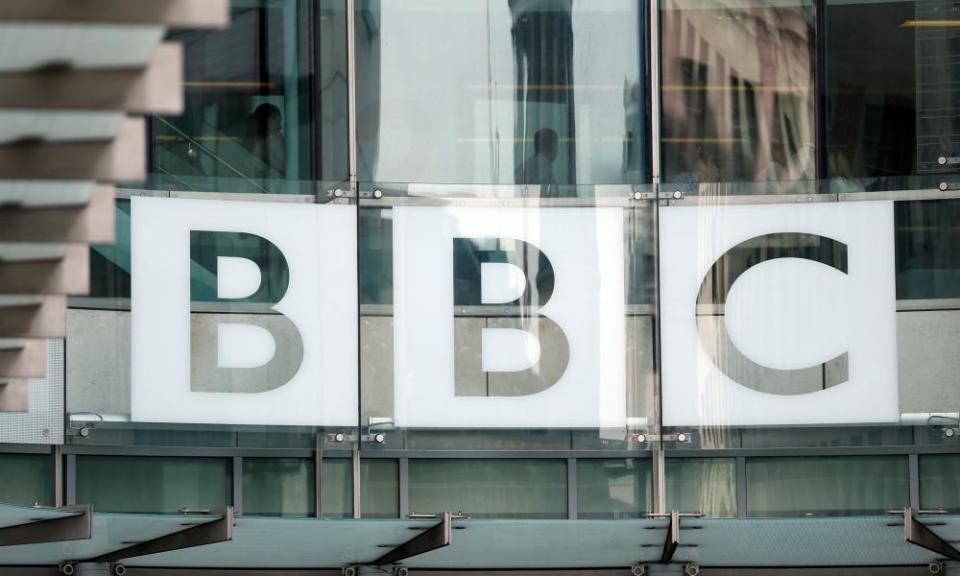Number of BBC high earners rises despite pledge

The number of BBC executives paid more than £150,000 a year has increased over a five-year period despite a commitment to make a substantial cut, Whitehall’s spending watchdog has said.
The National Audit Office found the number had risen from 89 in January 2012 to 98 in March 2016. The BBC had pledged to reduce the number by 20%. The prime minister, Theresa May, currently earns £150,402 a year.
Auditors also found the BBC had missed its target to reduce the proportion of senior managers to 1% of the total workforce by 2015. In December 2016 senior managers comprised 1.6% of the workforce.
From 2010-11 to 2015-16 the BBC reduced the cost of its payroll workforce by 6% in real terms and the size of its payroll workforce by 4%.
Unions raised concerns that the broadcaster was cutting news-gathering and creative staff while maintaining the number of executives and managers. Staff numbers in the television division dropped by 22%, from 2,675 to 2,085, over the five-year period, the NAO figures show.
Sue Harris, the National Union of Journalists’ broadcasting organiser, said: “The NUJ, which has seen its members hit by wave upon wave of budget and job cuts, has long argued for the layers of management to be cut and resources concentrated on the frontline of programming and news gathering.
“This is all particularly worrying because of the disastrous licence fee deal agreed by the BBC, which includes funding free licence fees for the over-75s at a cost of £1.3bn over five years, then £750m each year.”
A second report on BBC spending released on Wednesday criticises the corporation and the outsourcing firm Capita for failing to clamp down on licence fee evasion, which costs £291m a year.
Capita carried out 3 million enforcement visits on behalf of the BBC in 2015–16, but 18% fewer evaders were caught than in 2010–11 when only 2.7 million visits took place.
Members of the Commons public accounts committee said they were concerned about the conduct of Capita staff after claims that some had targeted vulnerable residents while trying to boost collection rates. A Daily Mail undercover investigation previously alleged that enforcement officers were told to catch 28 licence fee evaders a week and had targeted people including a war veteran with dementia and a young mother in a women’s refuge.
“Altogether, the BBC and Capita have much to do to improve evasion and enforcement performance,” the committee said.
A BBC spokesperson said the senior manager pay bill had been cut “significantly” with fewer managers across the organisation.
“The BBC notes the public accounts committee’s findings and welcomes the National Audit Office finding that the BBC has reduced collection costs by 25% and increased revenue for programmes and services,” he said.
A Capita spokesperson said: “As the NAO finds and as the PAC report now reflects, Capita has helped the BBC to collect more TV licence fee revenue every year since 2010-2011. The decline in the number of evaders caught demonstrates that our focus on encouraging people to buy a licence at an earlier stage is very successful.
“Our visiting officers have a tough and challenging job and we are continually looking at ways, in conjunction with the BBC, to retain, attract and develop people with ongoing training and support to undertake this role well. Officers are expected to act in a professional manner consistently under all circumstances.”

 Yahoo News
Yahoo News 